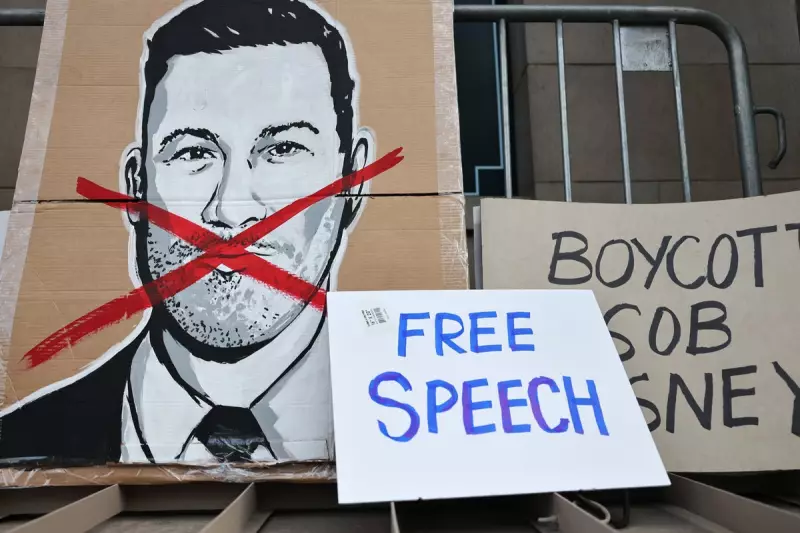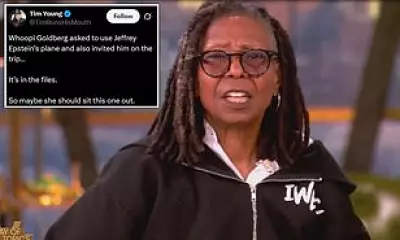
In a striking move that blurred the lines between entertainment and media commentary, Jimmy Kimmel devoted a significant portion of his ABC talk show to a direct assault on Sinclair Broadcast Group. The comedian and host accused the sprawling media conglomerate of manipulating local news audiences through what he termed “dangerous” and politically charged mandates.
The core of Kimmel’s critique focused on the now-infamous “must-run” segments, scripted commentaries that Sinclair requires its local stations to broadcast. Kimmel played a montage of dozens of local news anchors from different cities reciting the same script word-for-word, a visual demonstration of centralized control that he argued undermines genuine local journalism.
A Monologue with a Mission
Kimmel’s segment was far from a simple punchline. He meticulously outlined his concerns, suggesting that Sinclair’s practices are designed to “influence elections” by presenting partisan viewpoints under the trusted guise of local news. The host expressed particular alarm over the company’s attempted acquisition of Tribune Media, a deal that would have significantly expanded its national reach.
“This is extremely dangerous to our democracy,” Kimmel stated, echoing the very language used in the Sinclair promos he critiqued. His monologue argued that the erosion of independent local news creates an environment where misinformation can flourish.
Beyond the Laughter: A Serious Warning
While delivered with his characteristic wit, the message was grave. Kimmel positioned his platform as a necessary counterweight, using the freedom of a network late-night show to critique the practices of a major broadcast competitor. The segment highlighted the growing tension between consolidated media ownership and editorial independence.
The broadcast has ignited conversations across social media and industry circles, raising questions about the responsibilities of media giants and the role of entertainers in holding power to account. Whether this marks a new chapter in Kimmel’s approach to his show remains to be seen, but it undoubtedly signals his willingness to engage directly with the mechanics of the American media landscape.





